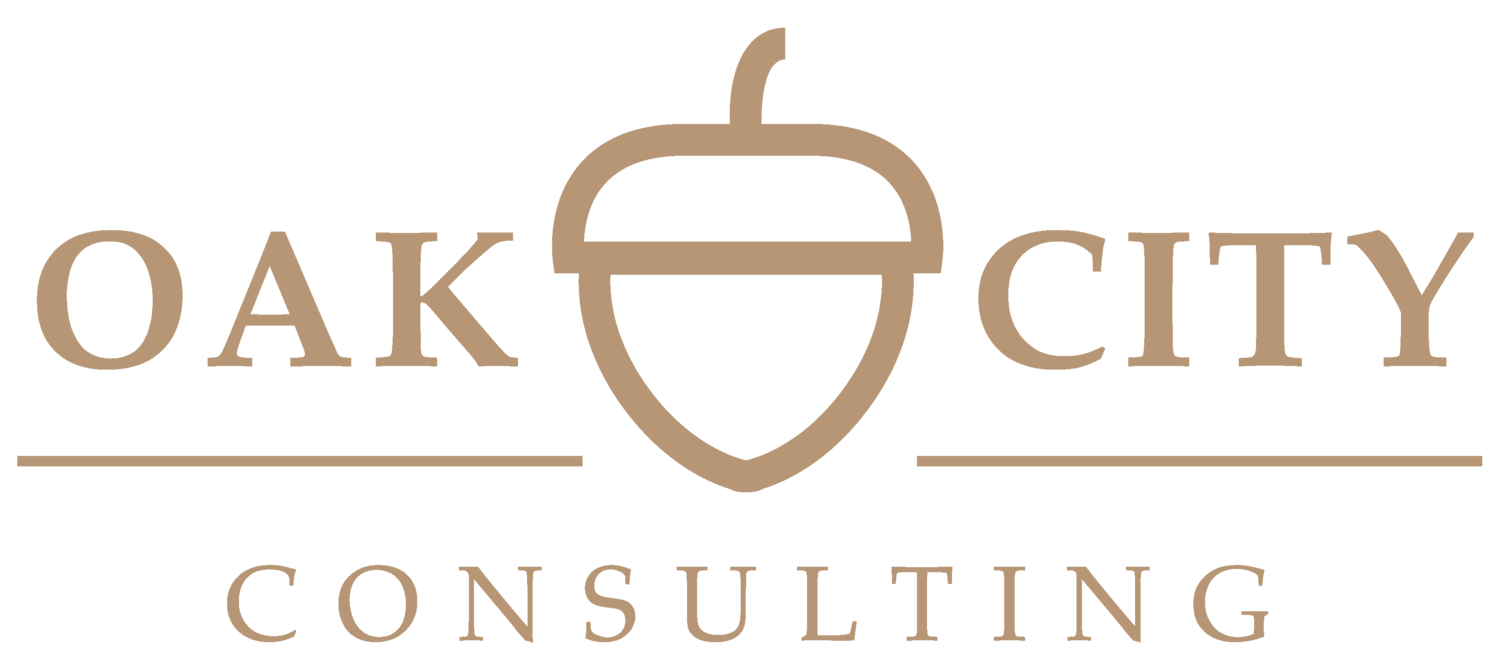Take a Step
Sometimes the most obvious question is the best reminder, so as we began a recent Children’s Homes investment committee meeting, a foundation trustee asked, “What are we trying to do here?” After a few odd looks in his direction, he continued; “What is our purpose? What sort of outcome and impact are we trying have for these children?”
Obvious yes, but we so easily get lost in the weeds of investment performance, diversification, managers, strategies, volatility, and benchmarks that we forget the What. Understanding and embracing your What can ultimately free you to fulfill your role effectively on whatever investment committee you serve.
So here is a question to ponder – Can God use institutional investment capital to bless the world? We believe the answer is a resounding yes. He created the world and everything in it, so repairing broken relationships should certainly be one of the things we are trying to do with His capital. Broken relationships can be found in healthcare, education, poverty, affordable housing, environment, and countless other places.
So how can institutional investment capital be used to help solve these problems? Investment capital is all around us in both public and private markets. We see institutional investment firms at the intersection of banking and poverty, farming and a cleaner environment, orphan disease and biotechnology, and many other crossroads. We are seeing a disease like schizophrenia, which can lead to homelessness, finally being addressed by US biotech companies. We see small business women in third world countries finally accessing bank services that assist in building a life free from crooked lenders. We see so much good happening with concentrated institutional capital.
Another question – Can we shepherd capital in a way that helps shape culture? We have all seen plenty of ways where poor leadership sours our culture with disappointing moral failure, excessive greed, and abuse of employees and customers. We have also witnessed and invested in plenty of values-based leadership that delivers healthy work environments and respectful treatment of employees, customers, and shareholders.
We should also be on guard for investments that sow broken relationships, like gaming, pornography, tobacco, human trafficking, and forced child labor. Portfolios can be constructed to avoid industries entangled in brokenness. The list is easy to make, but sometimes harder to execute. Tolerance levels (10% gaming revenue, or more?) will need to be agreed on, as well as geography. For example, should we invest in China and/or Russia? Countries that restrict freedom (religion, press, gender) can be avoided, but it requires effort and discernment.
Institutional portfolios can walk and chew gum at the same time, embracing the good while avoiding the bad. We serve as fiduciaries for our organizations (endowments, foundations, institutions), as they put their trust and confidence in us to carry out His mission. Of the $100 Trillion in global managed assets (*2020), $35 trillion was invested in ESG (environmental, social, governance) strategies. Imagine if even $5 trillion was purposely invested in companies that in some way reflect your institution’s mission and work in the world. Concentrated Institutional Capital is a tool God uses to bless His world.
Our encouragement to all values-based, Faith-driven investment committees is to define your What, and then take a step. We often think that we are conceding defeat by thinking this way, but we have seen many examples of competitive return while also achieving compelling change in His world. Lean on your advisors to take that step and to make it an integral part of your investment process.
“Do not be conformed to this world, but be transformed by the renewal of your mind, that by testing you may discern what is the Will of God, what is good and acceptable and perfect.” Romans 12:2
This blog should not be copied, distributed, published or reproduced, in whole or in part. All economic and market forecasts are as of the date of distribution. Oak City Consulting is not providing any financial, economic, legal, accounting, or tax advice or recommendations in this blog. The information contained in this blog does not constitute investment advice or an offer to buy or sell securities from Oak City Consulting to the reader and should not be relied upon to evaluate any potential transaction. In addition, the receipt of this blog by any reader is not to be taken to constitute such person a client of Oak City Consulting. Oak City Consulting makes no representation or warranty, express or implied, as to the accuracy or completeness of the statements or any information contained in this blog and any liability therefore (including in respect of direct, indirect or consequential loss or damage) is expressly disclaimed.

